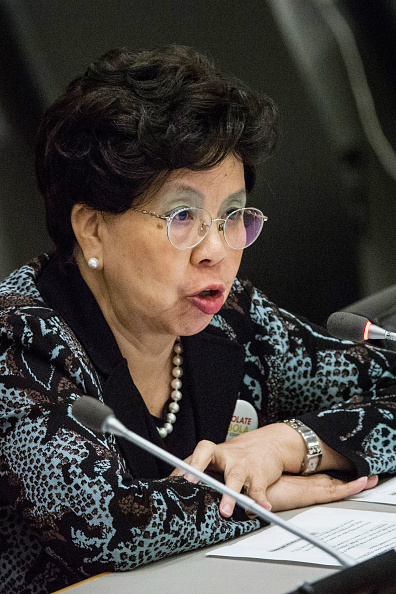
Public ignorance and misinformation over the proper role of antibiotics in healthcare are leading to an alarming growth in drug-resistant organisms, according to the World Health Organization. People across the world are confused about the proper use of antibiotics and the right way to take them, which in turn is causing seriously resistant superbugs, WHO said.
Antibiotic resistance occurs as bacteria mutate and change to forms that can survive the antibiotics used to treat the infections they cause. This resistance is cause by both over-use and misuse of antibiotics which exacerbates the development of drug-resistant bacteria, often called superbugs. Superbug infections include strains of typhoid, tuberculosis, and gonorrhea, which kill hundreds of thousands of people a year.
WHO has published the results of a survey of public awareness about antibiotics. The report says that 64% of those surveyed believed wrongly that penicillin-based drugs and other antibiotics can treat colds and flu, which are caused by viruses. No virus can be treated using antibiotics.
For the report, WHO surveyed 10,000 people in 12 countries including Barbados, China, Egypt, India, Indonesia, Mexico, Nigeria, Russia, Serbia, South Africa, Sudan, and Vietnam. Three-quarters of respondents said they think antibiotic resistance means the human body is resistant to the drugs, for example, rather than that the bacteria are resistant to antibiotics.
Around a third of those surveyed also believed they should stop taking antibiotics when they feel better, rather than finish taking the prescribed treatment course, the WHO said. Not taking the whole prescription leads to drug resistance.
"The rise of antibiotic resistance is a global health crisis," WHO Director-General Margaret Chan told reporters in a teleconference from Geneva, where the organization's headquarters are located. She said the problem of antibiotic resistance was "reaching dangerously high levels" everywhere and could lead to "the end of modern medicine as we know it."
Chan urged doctors to dissuade patients from demanding antibiotics for infections they can't treat, and persuade them to use the drugs strictly according to their prescription.
"Doctors need to treat antibiotics as a precious commodity," she said.
